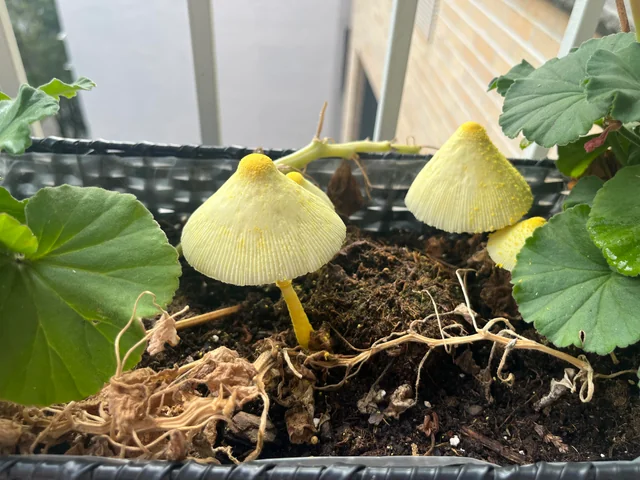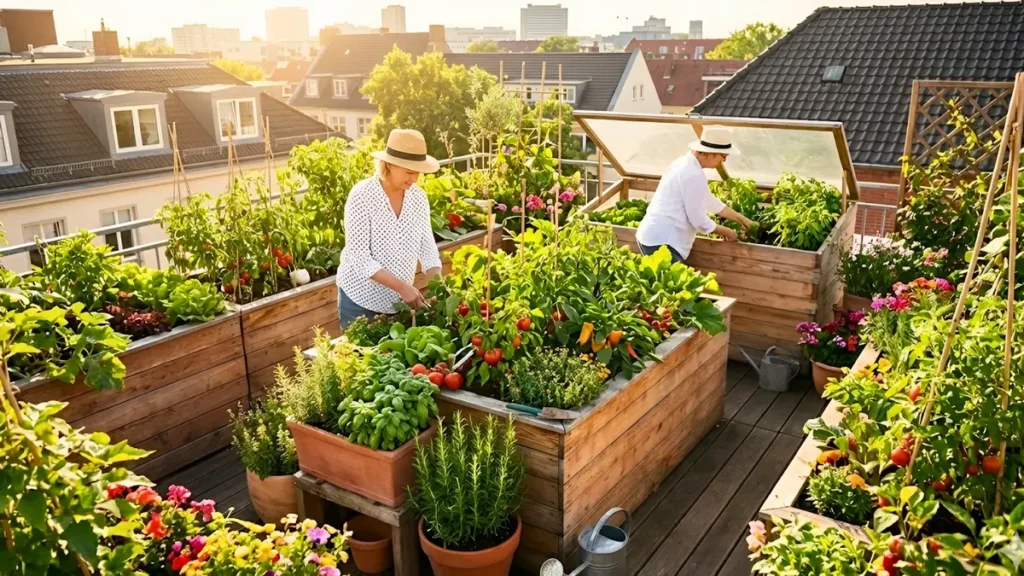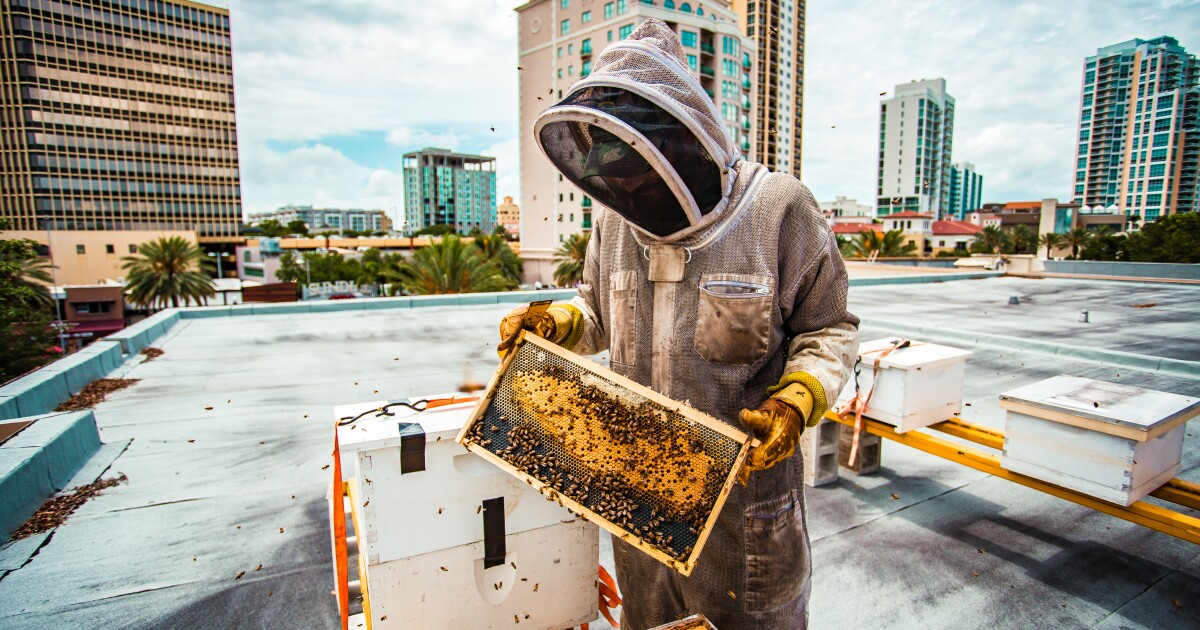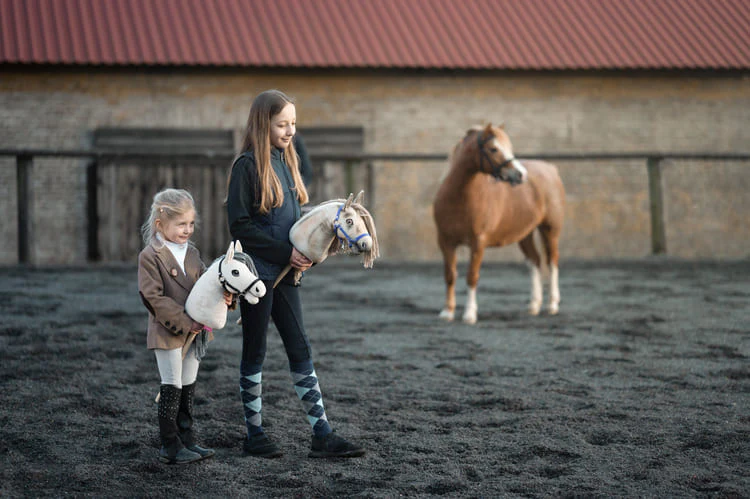Amid the surge in urban gardening, a quietly transformative hobby has taken hold on city balconies: mushroom cultivation. Unlike tomatoes or herbs, mushrooms thrive in small, shaded containers using simple kits or DIY setups. This low-maintenance hobby appeals to busy city dwellers seeking both creativity and fresh produce. Kits using sawdust or recycled coffee grounds let enthusiasts grow oyster or shiitake mushrooms in under two weeks—producing gourmet, nutrient-rich fungi within arm’s reach.
Beyond culinary rewards, balcony mycology delivers educational and environmental benefits. Growing fungi teaches life-cycle science—spore germination, mycelial growth, fruiting bodies—and spotlights ecological processes like decomposition. Additionally, oyster mushrooms can be grown on waste substrates such as cardboard or spent coffee grounds, reducing household waste while fostering circular gardening principles. According to urban agriculture research, these micro–ecosystems support biodiversity and promote sustainable living.
More than a novelty, balcony mushroom-growing is scientifically validated and future‑forward. Studies show urban mushrooms absorb heavy metals less when grown on clean substrates, making home cultivation safe when guidelines are followed. As interest in regenerative lifestyles grows, mycology bridges hobbyist curiosity with eco-conscious practice. For beginners, inexpensive kits—costing around $30–$40—offer a low-risk entry. Balcony mycology is more than a trend; it’s a hands-on, thoughtful way to connect with nature, experiment with food systems, and enhance urban sustainability.





